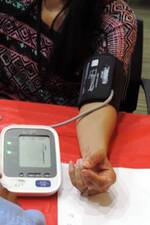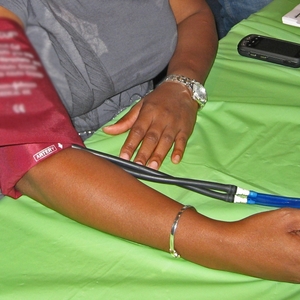Education / 22.03.2022
6 Benefits of a Flexible Healthcare Program
 Once you have completed your bachelor’s program, you might wonder what to do next. One option is to pursue a graduate program. It could open the door to more advanced medical careers while allowing you to broaden your knowledge even further.
Of course, you might not feel ready for going back into full-time classroom-based education. That’s understandable.
Fortunately, you can choose a flexible graduate program. Here are six benefits to doing one.
1: A Chance to Further Your Education
The best part about any graduate program is that it allows you to further your education, which is always good. You become smarter, more skilled, and more desirable to employers. If you are interested in a healthcare graduate program, take a look at the Boston College Healthcare Administration degree online.
(more…)
Once you have completed your bachelor’s program, you might wonder what to do next. One option is to pursue a graduate program. It could open the door to more advanced medical careers while allowing you to broaden your knowledge even further.
Of course, you might not feel ready for going back into full-time classroom-based education. That’s understandable.
Fortunately, you can choose a flexible graduate program. Here are six benefits to doing one.
1: A Chance to Further Your Education
The best part about any graduate program is that it allows you to further your education, which is always good. You become smarter, more skilled, and more desirable to employers. If you are interested in a healthcare graduate program, take a look at the Boston College Healthcare Administration degree online.
(more…)












 MedicalResearch.com: What is the mission of
MedicalResearch.com: What is the mission of 













